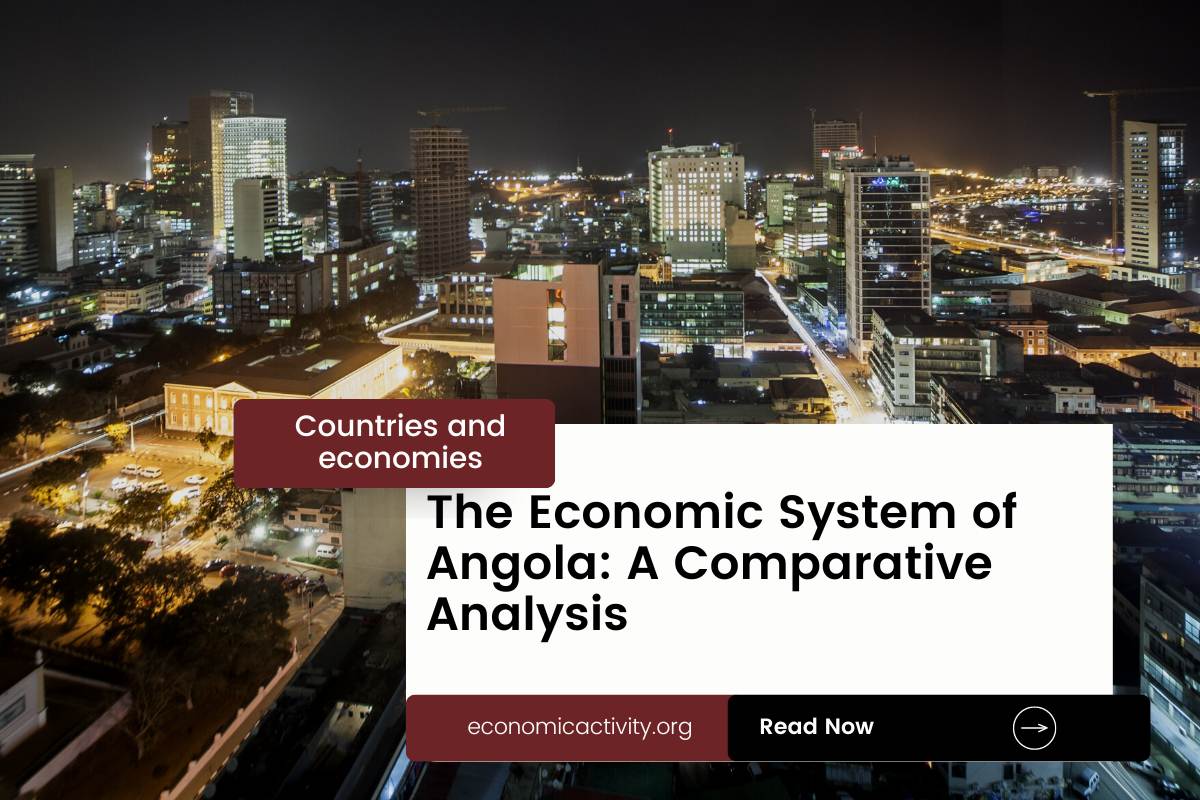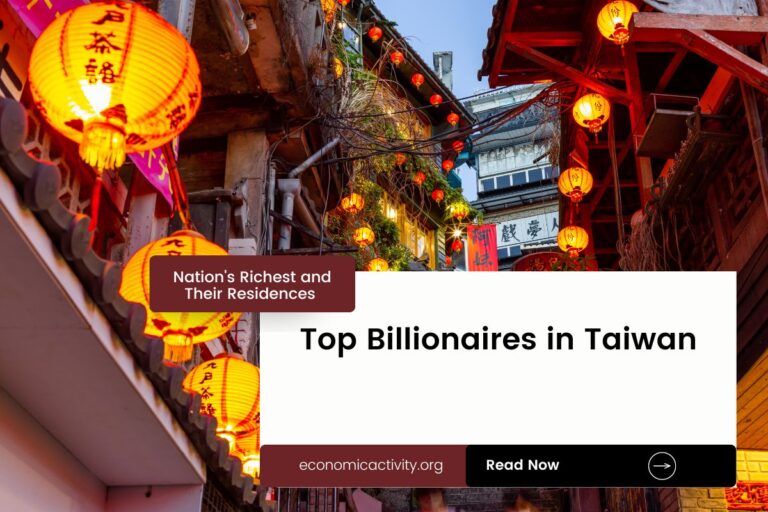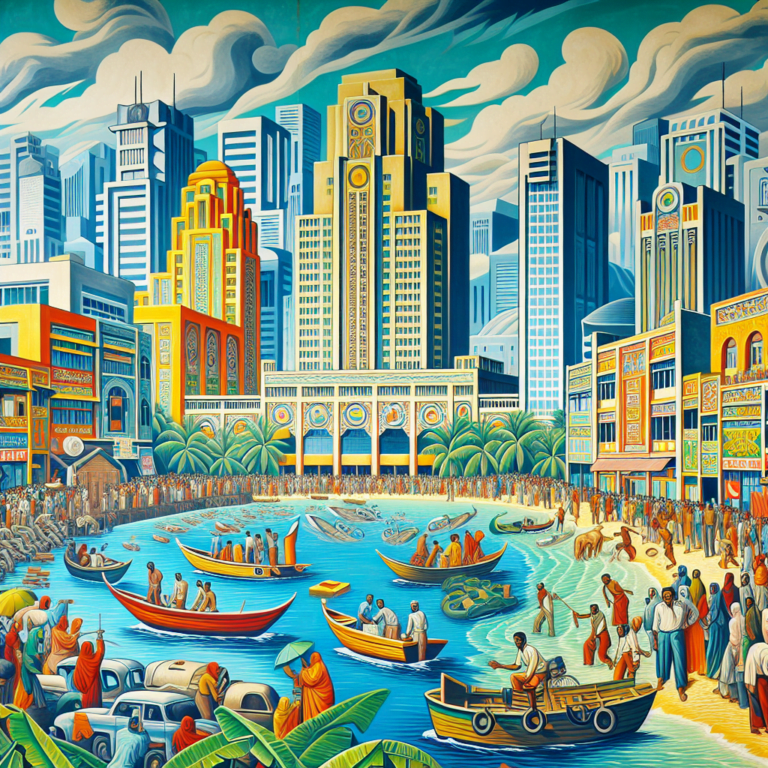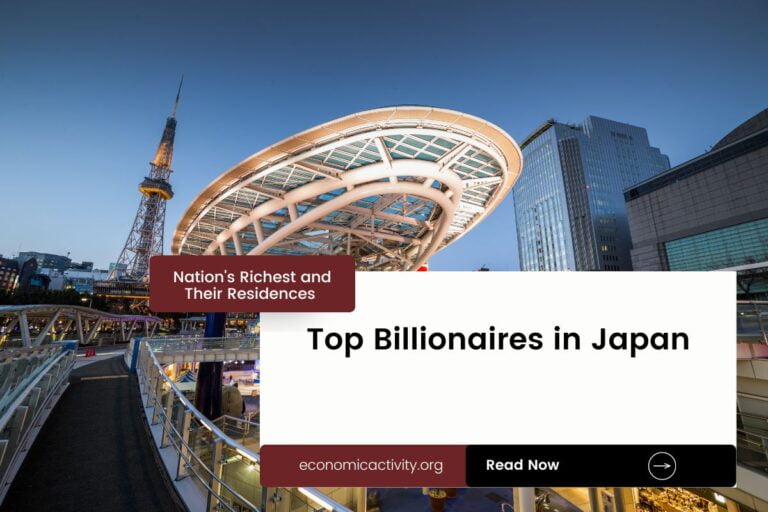What is the economic system of Angola? The economy of Angola is based on a mixed economy. The country’s economic system combines elements of a market economy and a planned economy.
In Angola, the economy is composed of a private sector, consisting of individuals and businesses that make autonomous decisions based on self-interest, and a public sector, where the state determines the production and distribution of certain goods and services. No country is purely capitalist or purely communist.
What do the freedom indexes tell about the economic system of Angola?
Now, to determine if a country is mostly a market economy or a planned economy, it is useful to examine some economic indexes. For instance, according to the 2022 Index of Economic Freedom, which measures the ability of every human to control his own labor and property, Angola is ranked 139th globally and 29th in Sub-Saharan Africa indicating that the country has a mostly unfree economy.
In a similar way, the 2022 Freedom House index evaluates the state of political rights and civil liberties globally. Generally, market economies tend to align more with democracy and freedom, while command economies tend to be characterized by greater state control and fewer democratic and civil liberty protections. Angola gets a score of 30/100, which qualifies it as Not Free. Angola is a country where the government controls what people do for political reasons, and people have limited freedom to choose (what, how much and how to produce, whether to buy or not, selling price, etc.)
The Link Between Public Sector Employment and the Economic System of Angola
An indicator of the extent to which the State is involved in the economy is the number of public sector employees. In Angola, according to ILOSTAT, the number of public sector employees as a percentage of the total workforce is 14.6% (2014). In the country’s mixed economy, the number of public sector employees as a percentage of the total workforce varies based on the specific policies and practices adopted by the State. Some economic activities are left to the private sector while others are under government control. The bigger the public sector the closer is the economy to being a command economy.
What does the biggest company in Angola say about the country’s economic system
The biggest company in Angola should also be looked at, as well as whether it is a state-owned or private company. In this case, the Bidvest Group from Angola is a mixed private-public sector company. It is a conglomerate of companies that are partially owned by the government and partially owned by private investors.
The historical factors that have influenced the economic system of Angola
The current mixed economy system of Angola is the result of a combination of factors, including the legacy of colonialism, the civil war, and the country’s economic policies. Colonialism left Angola with a legacy of inequality and a lack of infrastructure, while the civil war caused a disruption in economic activity and a decrease in foreign investment. The government has implemented policies to promote economic growth, such as privatization and liberalization, but these have not been enough to create a strong and stable economy.





Leave a Reply